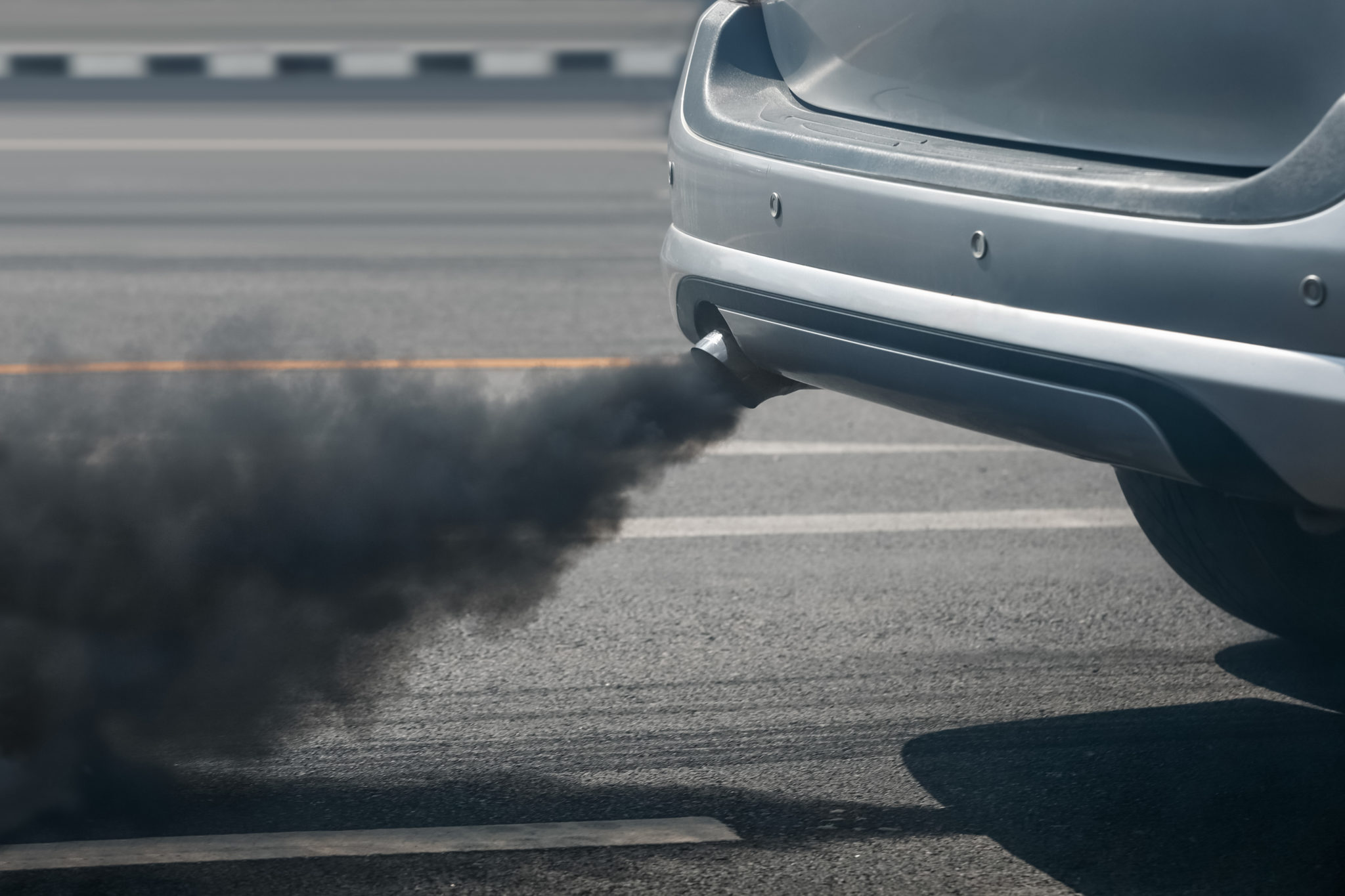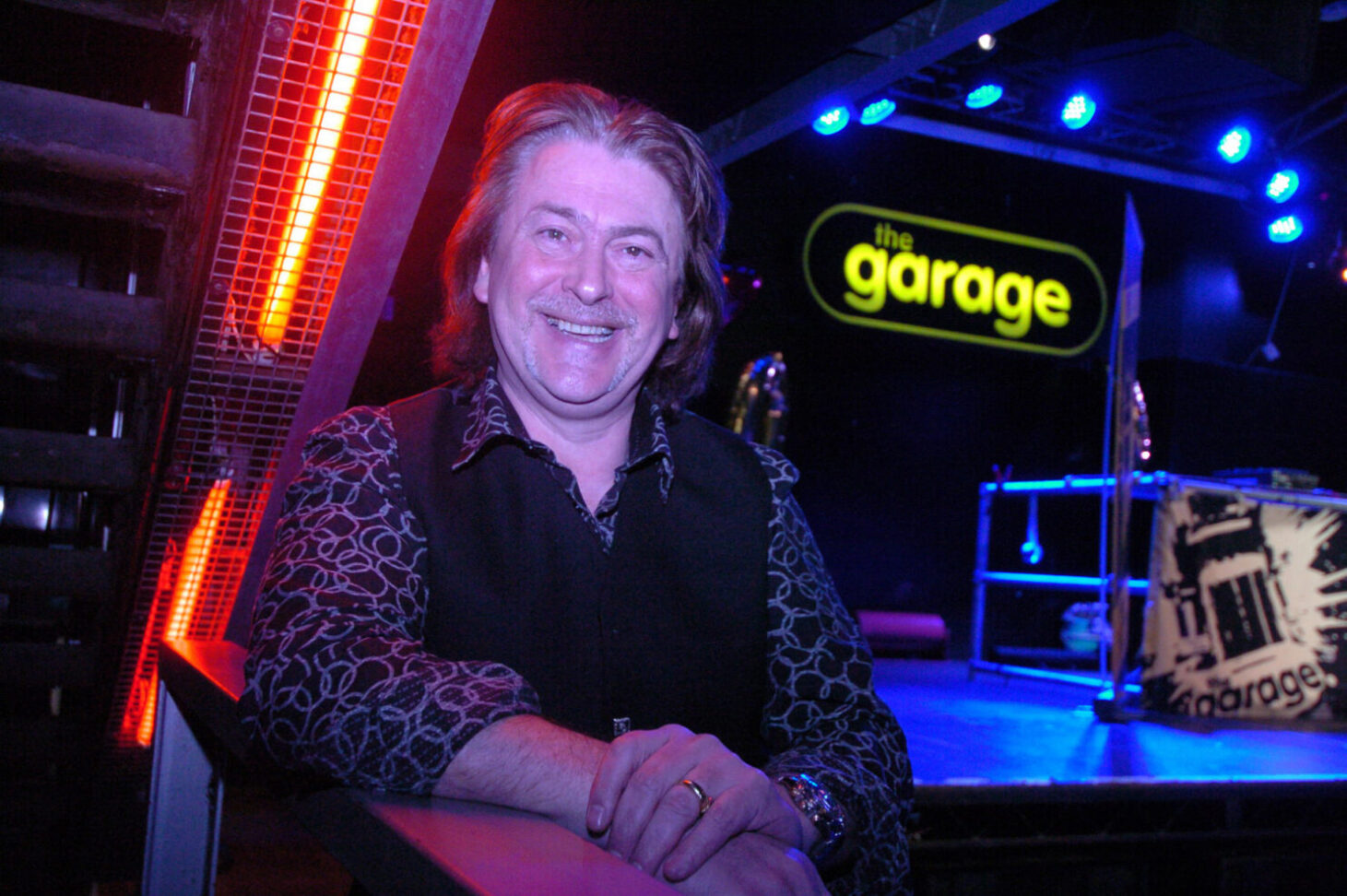
Glasgow City Council’s Low Emission Zone is being attacked as an ‘iniquitous, cash grabbing exercise’ that is needlessly pushing the city’s night-time economy over a cliff.
Recent data released by CGA Neilson suggests there has been a ‘staggering’ 9% decline in the number of night time businesses operating in Glasgow over the last year – and while Covid and the UK’s wider financial woes must take much of the blame for that, several influential industry figures are singling out the LEZ as an unnecessary twist of the economic knife already embedded in the sector’s back.
Defending the policy – which entered its second phase on June 1st, effectively excluding all diesel and many older petrol vehicles from the city centre – GCC stated: “The LEZ is a crucial public health measure that aims to tackle the harmful pollution that has blighted Glasgow city centre for decades, disproportionately affecting the most vulnerable.”
However, critics of the policy are focussing on that health claim, arguing that the city’s air quality has already been vastly improved by the first phase of the LEZ, which focussed on buses, and that progressing to phase 2 was therefore an unjustified cost on every business in the city centre.
On that basis, businessman William Paton, who owns an accident repair garage within the zone, has launched a legal bid to have that second phase of the LEZ deemed unlawful. Judge Lady Poole has, without comment on the merits of the case, given the green light for it to advance to a procedural hearing on 8 September, followed by a judicial review on 17 October.
Mr Paton said: “Phase two of the LEZ is a dead duck. The data that council are relying on to proceed with phase two is over half a decade out of date. It was collated pre-Covid, pre-hybrid working and most importantly, pre-phase one of the LEZ which addressed the largest and only significant polluters – the buses.
“The buses are now totally compliant and we know that without any further action, emissions will continue to fall due to the natural cycle of cleaner vehicles replacing older vehicles.
“Given that phase one of the LEZ has already achieved the council’s stated air quality objectives, I simply don’t understand how they can justify this next phase,” he said. “We have achieved the clean air that everyone needs to live a healthy life, so why is council actively punishing the people of Glasgow for something we no longer need? There is zero benefit, it is a lose-lose, and council knows that.”

Nightclub owner Donald MacLeod is backing Mr Paton’s cause: “Just like Glasgow’s air quality, it’s becoming clearer by the day that council’s ill-thought-out LEZ is nothing more than an iniquitous, cash grabbing exercise.
“It disproportionately punishes those on low incomes and severely threatens the city’s economic recovery, putting people’s jobs and livelihoods on the line.
“Footfall has fallen off a cliff, the streets are emptying and businesses are failing,” claimed Mr MacLeod. “The city is on life support. Council is refusing to enter into discussions with major businesses and employers like Paton’s Auto repair shop, or indeed the city’s flagging hospitality and night time industry, to find a solution to this problem, and instead they spend taxpayers’ money defending their position in court. It is disgraceful and the people and businesses that make Glasgow deserve a whole lot better.”
According to the Night Time Industry Association Scotland, by choosing to implement the LEZ while businesses are struggling with the debt burden from the pandemic, and rising cost inflation, GCC has created a ‘perfect storm’ for Glasgow’s usually vibrant hospitality and entertainment sector.
The closure rates witnessed in Glasgow, the highest among the top 20 cities in the UK, were indicative of a systemic issue that requires immediate attention, said NTIA, which stated: “While the LEZ scheme’s environmental goals are commendable, the negative impact it has had on the city’s cultural and economic landscape cannot be sustained.”
NTIA Scotland vice chair, Gavin Stevenson, said: “These figures showing Glasgow has lost 9% of its late night economy businesses in just the last year are shocking and should act as a real wake-up call to policy makers as to the damage being caused by some policies.
“While it is clear that businesses across Scotland continue to face severe economic headwinds, Glasgow’s devastating business closure rate is around 400% higher than that of Edinburgh and local factors such as the LEZ being enforced without sufficient public transport alternatives being put in place beforehand are largely to blame.
“Glasgow City Council must now work with the sector to mitigate some of the worst impacts from policies that have significantly worsened the safety of staff, footfall into businesses, and economic viability, as the current appalling business failure rate not only threatens jobs and livelihoods, but also Glasgow’s reputation for culture and a vibrant nightlife, and of course, the tax base that is vital to pay for essential services.”
The Scottish Licensed Trade Association said it was ‘deeply concerned’ about the negative impacts of the LEZ.
Media spokesperson Paul Waterson said: “As an organisation, together with our members we care greatly about creating cleaner, less-polluted city centres. However, this must be achieved in the right way, at the right time, with a fully integrated approach.
“Recent air quality reports show that Glasgow’s air quality is good and meeting required standards – so why is it necessary to introduce phase two of this scheme?
“There is already a dearth of taxis serving the city centre and if hundreds more taxis are taken off the road, then how do customers and workers get home? Or do they just forget going into the city centre for work or to socialise in the first place which will be another hammer blow to Glasgow’s pubs and bars.
“And let’s not forget that these LEZs will be rolled out to most of Scotland’s other major cities next year.”
Responding to this week’s onslaught of criticism, a council spokesperson said: “We are aware that various economic factors at national and global levels mean this is a challenging time for businesses, and there is no question the night time economy is facing a considerable, combined challenge of covid recovery and high inflation.
“The covid pandemic has also led to dramatic changes in the way Glasgow city centre is used but the data we have shows city centre footfall is higher in the evenings and at weekends than before the pandemic,” she said.
“We have been working closely with the business community on how to support the city centre and we will continue to engage with them on how to promote its recovery. Billions are now also being invested in developments that will help to boost the city centre population in the longer term and make the city centre far more resilient in future.”
In respect of the legal action, the spokeswoman said: “The court did not previously comment on the specific grounds of the petition and made no finding on air quality levels – rather the petition was allowed to proceed to a full hearing where its claims will be fully examined before any decision is made.
“The council is satisfied that it correctly assessed available air quality data when taking the decision to implement LEZ Phase 2 . As we have said previously, the legal action will be vigorously contested.”




















